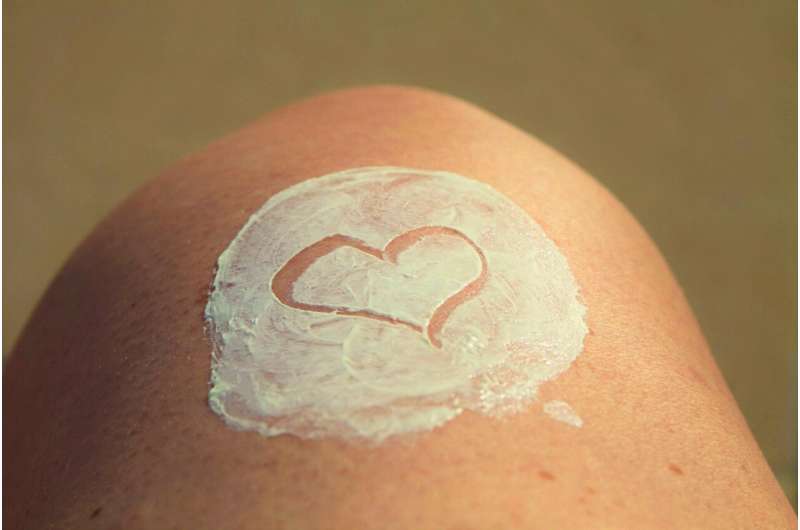Sun Safety Tips: Expert Advice from a Dermatologist to Protect Your Skin

Learn essential sun safety tips from a dermatologist to prevent skin damage and reduce skin cancer risks through effective sunscreen use, protective clothing, and awareness of UV exposure.
As warmer weather encourages outdoor activities, dermatologists emphasize the importance of sun protection to prevent skin damage and reduce skin cancer risks. Sunburns, caused by excessive exposure to ultraviolet (UV) rays, not only cause immediate pain but also have long-term effects, including mutations that can lead to melanoma and other skin cancers. According to Hermenio Lima, a dermatologist and associate clinical professor, sunburn kills keratinocytes in the outer skin layer, but melanocytes survive. Bad burns can cause mutations in these cells, increasing the risk of skin cancers that may manifest decades later.
Understanding UV radiation starts with knowing the UV Index—a scale from 0 to 11+ indicating the severity of UV exposure. Most weather apps provide UV forecasts, which help in planning sun safety measures. Wearing appropriate clothing, especially fabrics with high ultraviolet protection factor (SPF), adds another layer of defense. Specialized clothing designed to block UV rays can be particularly effective.
When choosing sunscreen, opt for mineral options containing zinc oxide or titanium dioxide, as these are less allergenic and safer for children. Chemical sunscreens, while effective, can trigger allergic reactions and worsen skin conditions like eczema by interacting with skin proteins. SPF, or Sun Protection Factor, indicates how effectively a sunscreen shields against UV rays; for instance, SPF 30 blocks about 97% of UV radiation, while SPF 50 blocks about 98%. It’s recommended to use at least SPF 30 for adequate protection.
There is a misconception that sunscreens cause cancer; however, extensive research proves their safety when used correctly, and they serve as essential tools in preventing skin cancer. Homemade sunscreens are discouraged due to unknown SPF levels and safety concerns. Additionally, many worry that sunscreen blocks vitamin D synthesis, but moderate sun exposure combined with dietary sources of vitamin D mitigates this concern.
In conjunction with sunscreen, protective clothing, hats, sunglasses, and seeking shade during peak sunlight hours significantly reduce UV exposure. Recognizing the importance of comprehensive sun safety measures can help keep your skin healthy and reduce long-term health risks.
Stay Updated with Mia's Feed
Get the latest health & wellness insights delivered straight to your inbox.
Related Articles
Challenging Decades of Beliefs: Brain Stability in Phantom Limb Experience
New research reveals that the brain's body map remains stable after amputation, challenging longstanding beliefs and opening new avenues for treatment and prosthetic development.
Rapid Response by Bystanders Can Significantly Increase Survival Rates in Cardiac Arrest Cases
Prompt assistance from bystanders, including CPR and AED use, can significantly improve survival rates in out-of-hospital cardiac arrests, but many lack awareness and training. Learn how quick response efforts save lives.
China Implements Comprehensive Measures to Combat Chikungunya Virus Outbreak
China deploys extensive measures including disinfection, fines, and innovative mosquito control to curb the chikungunya outbreak impacting thousands. Read more about the ongoing efforts and international advisory updates.
Study Shows Pulmonary Vein Isolation with Pulsed Field Ablation Similar in Effectiveness to Radiofrequency Ablation for Paroxysmal Atrial Fibrillation
A new study at ESC Congress 2025 shows that pulsed field ablation offers similar effectiveness to radiofrequency ablation for paroxysmal atrial fibrillation, with shorter procedure times and fewer complications.



